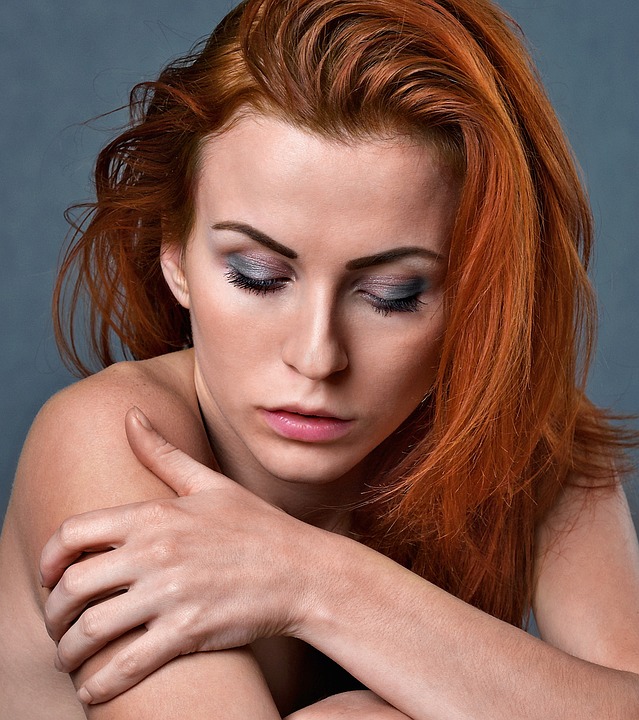Have you ever used a cartoon face filter on social media? Maybe you’ve seen your friends or favorite celebrities using them. These filters, which transform your face into a cartoon-like character, have become increasingly popular on platforms like Instagram, Snapchat, and TikTok. While they may seem like harmless fun, the impact of these filters on body image and self-esteem is a topic worth discussing. In this article, we’ll explore the potential effects of cartoon face filters on how we perceive ourselves and others.
What are Cartoon Face Filters?
Cartoon face filters are augmented reality effects that can be applied to selfies and videos on social media platforms. These filters use facial recognition technology to overlay animated features onto the user’s face, creating a whimsical and often exaggerated version of themselves. From big, doe-like eyes to smooth, airbrushed skin, these filters allow users to transform their appearance in a matter of seconds.
The Allure of Cartoon Face Filters
So why are cartoon face filters so appealing? Part of their popularity can be attributed to their entertainment value – they’re a fun and lighthearted way to play with digital effects and express creativity. Additionally, these filters often conform to societal beauty standards, with features like flawless skin, high cheekbones, and perfectly symmetrical faces. For many users, these filters offer an opportunity to temporarily escape from their insecurities and present a more idealized version of themselves to the world.
The Impact on Body Image
While cartoon face filters may seem harmless, their impact on body image should not be overlooked. By presenting an unrealistic and unattainable standard of beauty, these filters can contribute to feelings of inadequacy and dissatisfaction with one’s appearance. Research has shown that exposure to idealized and digitally altered images can lead to negative body image and increased body dissatisfaction, particularly among young people.
Self-Esteem and Emotional Well-Being
In addition to body image concerns, cartoon face filters can also affect one’s self-esteem and emotional well-being. Constant exposure to idealized and exaggerated versions of oneself and others can distort our perception of reality and lead to feelings of inadequacy and self-doubt. This can be especially detrimental to those who are already struggling with their self-esteem or mental health issues.
Media Literacy and Critical Thinking
One way to mitigate the potential negative effects of cartoon face filters is to promote media literacy and critical thinking. By encouraging users to be aware of the digital manipulation and idealization present in these filters, we can empower them to engage with social media in a more discerning and self-aware manner. Additionally, educating individuals about the diversity of beauty and the importance of body positivity can help counteract the influence of unrealistic beauty standards perpetuated by these filters.
Looking Beyond the Filter
Ultimately, it’s important to remember that cartoon face filters only offer a limited and idealized version of reality. While they can be fun and entertaining, they should not become a measure of our self-worth or beauty. Rather than fixating on our appearance through the lens of a filter, we should strive to embrace our unique features and cultivate a positive and realistic sense of self.
Conclusion
Cartoon face filters may be a popular and enjoyable tool on social media, but it’s crucial to consider their potential impact on body image and self-esteem. By being mindful of the ways in which these filters can shape our self-perception, we can work towards promoting a healthier and more inclusive digital environment. Let’s strive to celebrate diversity and authenticity, both on and off the screen.
FAQs
Are cartoon face filters inherently harmful?
While cartoon face filters can be fun and entertaining, their impact on body image and self-esteem can be harmful, particularly for those who are already vulnerable to feelings of inadequacy or dissatisfaction with their appearance.
How can I use cartoon face filters responsibly?
When using cartoon face filters, it’s important to maintain a critical and self-aware perspective. Remember that these filters offer a highly idealized and exaggerated version of reality, and try not to let them become a benchmark for your self-worth or beauty.
What can I do to promote a more positive digital environment?
By educating yourself and others about media literacy, body positivity, and the diversity of beauty, you can play a role in promoting a more inclusive and healthy digital culture. It’s important to challenge unrealistic beauty standards and celebrate authenticity.








+ There are no comments
Add yours